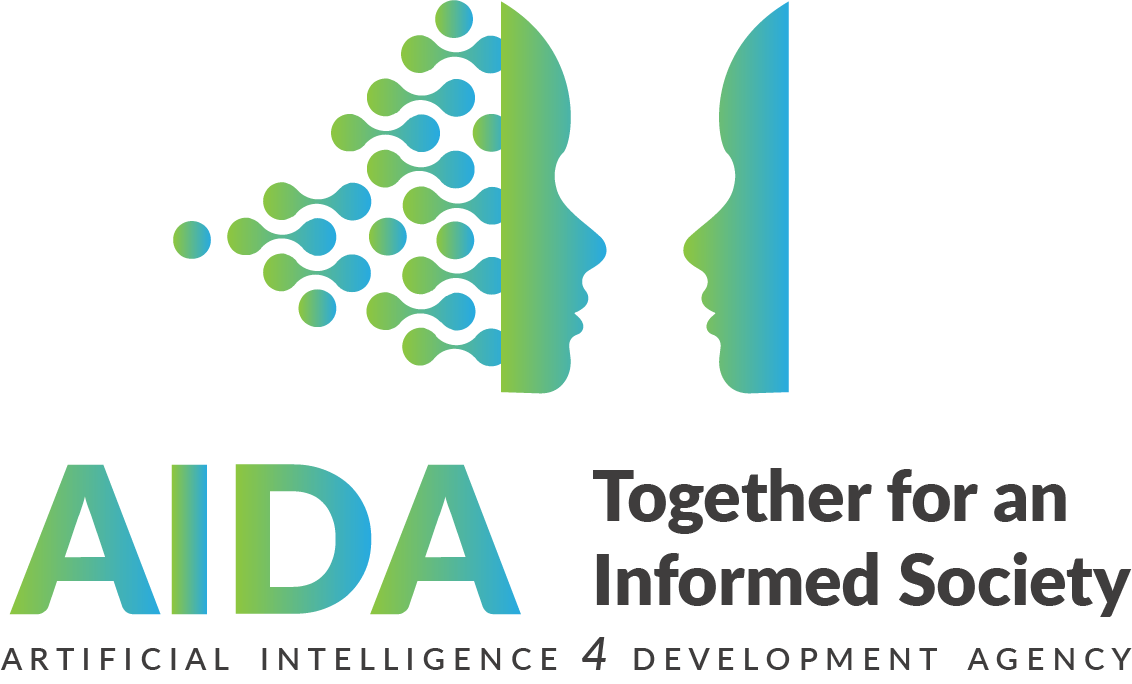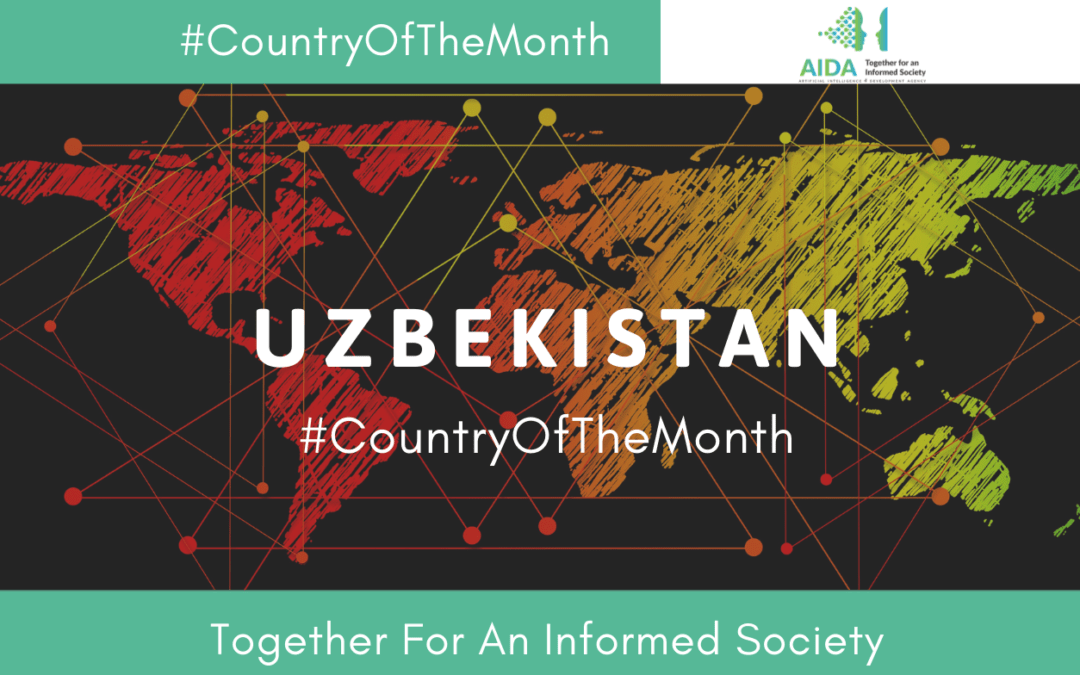Uzbekistan: The Dawn of an Innovation-Driven Economy
Uzbekistan has been the subject of widespread attention from the international community for the speed and scale of the reform process taking place since President Shavkat Mirziyoyev took office in September 2016 following the passing of Islam Karimov, who had ruled Uzbekistan since its independence in 1991. In the five years since taking office, President Mirziyoyev has lifted the country out of years of (economic) isolation. His ambitious reform agenda has been accompanied by optimistic prognosis concerning Uzbekistan’s economic transformation and modernization. The Economist even named Uzbekistan country of the year in 2019.[1]
In parallel to the market reforms launched several years ago, the Government of Uzbekistan has also focused on boosting the innovative capacity of the country. In the context of digitalization, automation and the Fourth Industrial Revolution, which are rapidly altering economies around the world, this has become more important than ever, especially to address issues of economic inclusion and social resilience in the context of the post-COVID19 recovery period.
The first steps towards an innovation-driven economy were taken early on in the reform process. In 2017, a dedicated Ministry of Innovative Development was created “in order to ensure accelerated innovative development of all sectors of the economy and social sphere based on advanced foreign experience, modern achievements of world science, innovative ideas, developments and technologies”. [2] Subsequently, a Strategy for Innovative Development of the Country for 2019-2021 [3] which calls for substantial investments in human capital to enhance Uzbekistan’s competitiveness and innovative progress and increased expenditure in R&D; thereby paving the way for Uzbekistan to enter by 2030 into the 50 leading countries of the world in the Global Innovation Index rating, which ranks world economies according to their innovation capabilities across 80 indicators. In 2020, Uzbekistan ranked 93rd (among 131 economies). [4]
Furthermore, following the tradition of assigning a specific theme to every year in Uzbekistan, 2020 was declared as the Year of Science, Enlightenment and Digital Economic Development [5] emphasizing the importance of embracing digital technologies to enhance the competitiveness of the Uzbek economy capable of creating enough quality jobs for young Uzbeks (Uzbekistan needs to create half a million jobs per year to absorb all new entrants into the labour market) [6].
Next phase: Embracing Artificial Intelligence
With regards to Artificial Intelligence (AI), Uzbekistan is starting from a very low base: according to the 2019 Government Artificial Intelligence Readiness Index, produced by Oxford Insights, Uzbekistan ranks at 158 (among 194 countries). [7] Recognizing the vast untapped potential, earlier this year, Uzbekistan adopted its first-ever decree on AI titled “On measures to create conditions for the accelerated introduction of artificial intelligence technologies” [8] which outlines the creation of domestic ecosystem in the field of AI as well as the necessary regulatory & legal steps for its development. In terms of human capital development, starting in 2021, grant funding will be allocated to 130 students across Uzbek universities for AI training.
Aside from the need to strengthen ICT infrastructure in Uzbekistan, other priority areas for creating an enabling ecosystem for the flourishing of AI include:
- Increase the number of AI patents;
- Retaining young professionals in the fields of STEM, ICT and AI, thereby preventing a brain drain;
- Regulatory reforms to encourage the participation of the private sector in designing, developing and implementing AI technologies;
- Increase international cooperation in the design, development and implementation of scientific and technical projects in the field of AI.
As per the AI decree, several ministries have been tasked with the implementation of AI pilot projects in nine areas starting in 2021-2022, including banking, agriculture, finance, taxes, pharmaceuticals, healthcare, transport, energy and e-government. Two concrete examples are worth mentioning:
- The Ministry of Agriculture together with the Ministry of Development of Information Technologies and Communications have been tasked with finding practical applications of AI technologies to monitor the condition of soil and crops on the basis of remote data sensing.
- The Ministry of Health, for its part, is to use AI technologies in computed tomography (for diagnosis of pneumonia, for instance), and mammography (to detect breast cancer at earlier stages).
President Mirziyoyev has furthermore instructed the creation of a specialized research institute for development of digital technologies and artificial intelligence, whose main endeavours are envisaged to be, inter alia, the organization of “scientific research aimed at the widespread implementation of the Digital Uzbekistan – 2030 Strategy”, the formation of “a scientific ecosystem for the development of digital technologies” and the “development of innovative products for the automation of management and production processes based on artificial intelligence technologies”. [9]
Currently, the share of the digital economy in GDP is only 2.2 percent (compared to 10.9 percent in the United States; 10 percent in China or 5.5 percent in India). [10] President Mirziyoyev has expressed in no uncertain terms that Uzbekistan needs to “bring the share of the digital economy to 30 percent”. [11] For this to happen, the private sector needs to be leveraged and to play a leading role in the digital economy. While the reform process in Uzbekistan has been largely top-down and state-led, previously non-existent institutional frameworks such as Public-Private Partnerships (PPPs) are gradually being introduced. In this regard, one of the key institutional innovations worth highlighting is the development of the country’s first Public-Private Partnership Law, including the setting up of a dedicated PPP agency. [12]
In addition, Uzbekistan has adopted a legal framework of the development of “smart cities” in Uzbekistan which involve the implementation of technological solutions (including AI) in the field of transportation, health, education, municipal services, etc. [13] The smart cities framework is envisaged to be implemented in four phases of which the first phase during 2019-2021 consists of a needs assessment, analysis of existing infrastructure and required assets. The next phase – due to start next year – will see the elaboration of a detailed Smart Cities action plan and financing strategy.
The town of Nurafshon – the administrative center of the Tashkent Region – will be the site of the first project in Uzbekistan with smart city elements, including public transportation optimization, air quality monitoring, traffic system management, water leakage detection and optimization of garbage collections, to name a few. A number of international companies will be involved, among which the Russian Shvabe Holding will provide energy-saving lighting equipment and smart traffic lights. [14]
We can conclude from this short analysis that, in the midst of a comprehensive reform process affecting all spheres of society and the economy in Uzbekistan since President Mirziyoyev acceded to power, due attention has been given to the creation of legal frameworks, institutional structures and pilot projects conducive to the rise of an innovation-driven economy with AI as one its core pillars.
Alberto Turkstra, Research Collaborator
Alberto Turkstra is Project Manager at Diplomatic World Institute, where he focuses on activities related to Central Asia. He has also worked at the European Commission’s Directorate-General DEVCO as Blue Book Trainee and then as Cooperation Officer for Yemen and Turkmenistan. He is an alumni of Queen Mary, University of London and the University of Melbourne.
References
[1] The Economist, 21 December 2019. The Economist’s country of the year: Which nation improved the most in 2019? Available online at https://www.economist.com/leaders/2019/12/21/which-nation-improved-the-most-in-2019
[2] About the Ministry for Innovative Development of the Republic of Uzbekistan: https://mininnovation.uz/en/menu/o-ministerstve
[3] Presidential Decree of the Republic of Uzbekistan of September 21, 2018 No. UP-5544 “About Approval of Strategy of Innovative Development of the Republic of Uzbekistan for 2019-2021”. Retrieved from https://cis-legislation.com/document.fwx?rgn=109926
[4] Cornell University, INSEAD & WIPO, 2020. The Global Innovation Index 2020: Who Will Finance Innovation? Ithaca, Fontainebleau, and Geneva. Available online at https://www.wipo.int/edocs/pubdocs/en/wipo_pub_gii_2020.pdf
[5] President Shavkat Mirziyoyev’s Address to the Oliy Majlis, 24 January 2020. Retrieved from https://president.uz/en/lists/view/3324
[6] World Bank, 2018. Growth and Job Creation in Uzbekistan: An In-depth Diagnostic. Available online at https://documents.worldbank.org/en/publication/documents-reports/documentdetail/130581560953053964/growth-and-job-creation-in-uzbekistan-a-in-depth-diagnostic
[7] Oxford Insights, 2019. Government Artificial Intelligence Readiness Index 2019. Available online at https://africa.ai4d.ai/wp-content/uploads/2019/05/ai-gov-readiness-report_v08.pdf
[8] Resolution of the President of the Republic of Uzbekistan of February 17, 2021 No. PP-4996 “About measures for creation of conditions for the accelerated implementation of technologies of artificial intelligence”. Retrieved from https://cis-legislation.com/document.fwx?rgn=130973
[9] Tashkent Times, 19 February 2021. Mirziyoyev instructs to create research institute for development of digital technologies and artificial intelligence. Available online at https://tashkenttimes.uz/national/6435-mirziyoyev-instructs-to-create-research-institute-for-development-of-digital-technologies-and-artificial-intelligence
[10] Ergasheva, A. 2020. How Uzbekistan is transforming into a digital society in the time of COVID19. Observer Research Foundation Expert Speak. Available online at: https://www.orfonline.org/expert-speak/how-uzbekistan-is-transforming-into-a-digital-society-in-the-time-of-covid19-68640/
[11] Khotamov, I.S. & Olimov, M., 2020. Main Directions of Developing Digital Economy in the context of ensuring the Economic Security of Country, Economics and Innovative Technologies: Vol. 2020: No. 2, Article 2. Available at: https://uzjournals.edu.uz/iqtisodiyot/vol2020/iss2/2
[12] Dentons, 2019. Uzbekistan enacts Law on Public-Private Partnership; Available online at https://www.dentons.com/en/insights/alerts/2019/may/23/uzbekistan-enacts-law-on-public-private-partnership
[13] Ministry of Innovative Developments of the Republic of Uzbekistan, 23 January 2019. The concept for implementation of “smart city” technologies is approved. Available online at https://mininnovation.uz/en/news/the-concept-for-implementation-of-smart-city-technologies-is-approved
[14] UZ Daily, 6 April 2021. Rostec to take part in the project of the first “smart city” in Uzbekistan. Available online at https://www.uzdaily.uz/en/post/64650

